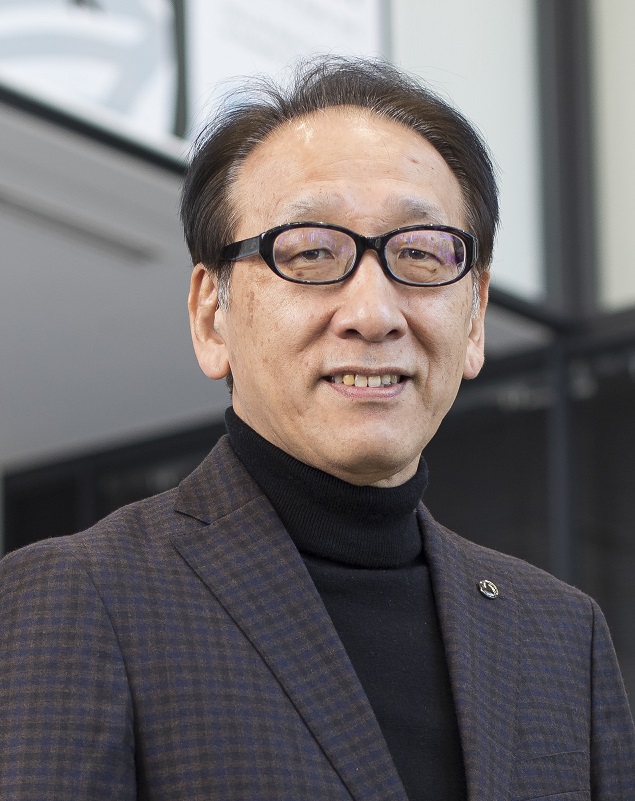2022.3.18
Director's Greeting

International Research Institute of Disaster Science (IRIDeS), Tohoku University
Fumihiko Imamura, Director
Last year on March 11 marked the 10th anniversary of the 2011 Great East Japan Earthquake. IRIDeS published an edited book, Lessons from the 2011 Great East Japan Earthquake: 51 Approaches to Disaster Science, and held an annual symposium titled “Ten Years after the Great East Japan Earthquake and Beyond” to summarize our progress to date and express determination for the future.
IRIDeS was established in April 2012, about a year after the 2011 earthquake. The institute started with seven divisions and has been making steady progress in areas such as assessing damage caused by the Great East Japan Earthquake, clarifying the mechanisms of massive earthquakes and tsunamis, maintaining disaster archives, and supporting activities to pass on the disaster experiences and lessons to the future. We have also supported the recovery and Build-Back-Better efforts in disaster-stricken areas and promoted the implementation of the Sendai Framework for Disaster Risk Reduction 2015-2030 (SFDRR), a global guideline, all in collaboration with industry, government, and the private sector. We also worked hard to promote disaster response and risk reduction activities in Japan and abroad. IRIDeS was reorganized in April 2021 and now holds four divisions that continue to develop disaster science and practical studies on disaster risk reduction. IRIDeS will celebrate its 10th anniversary this coming April.
We have been affected by COVID-19 for over two years now, but the situation is still severe both in Japan and abroad. The SFDRR includes infectious diseases as hazards, and IRIDeS has been working on research on infectious diseases, regarding them as disasters. At the end of 2021, it was estimated that an earthquake and tsunami in the Kuril Islands Trench and Japan Trench could cause approximately 190,000 human victims in the worst-case scenario. As risks of earthquakes in the Tokyo metropolitan area and Nankai Trough continue to rise, it is becoming more important to take measures against them. It is also an urgent issue to respond to the intensifying hazards caused by climate change. IRIDeS will continue to focus on these important social issues with the comprehensive knowledge gained from interdisciplinary research in order to contribute to the reconstruction of Tohoku and disaster risk reduction not only in Japan but also abroad.
